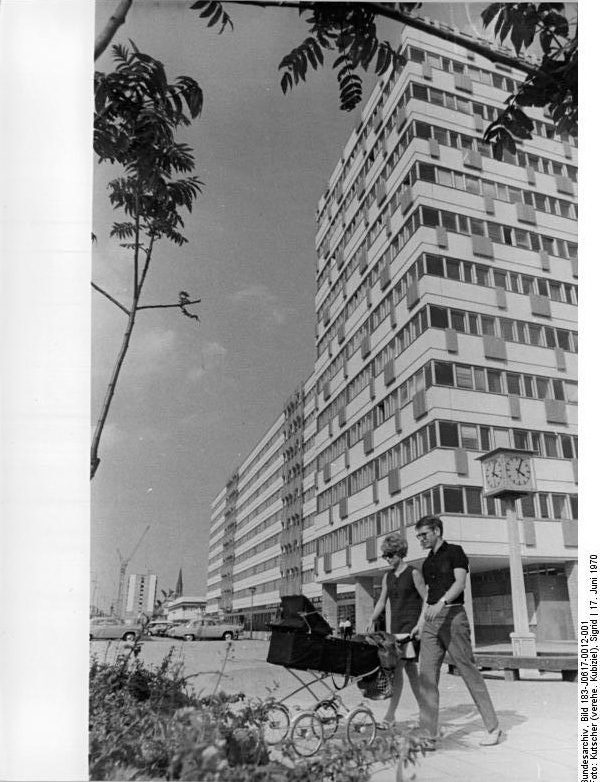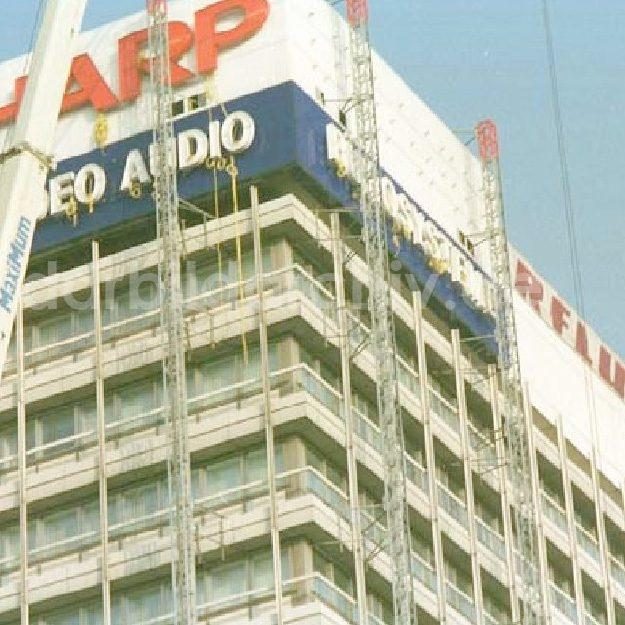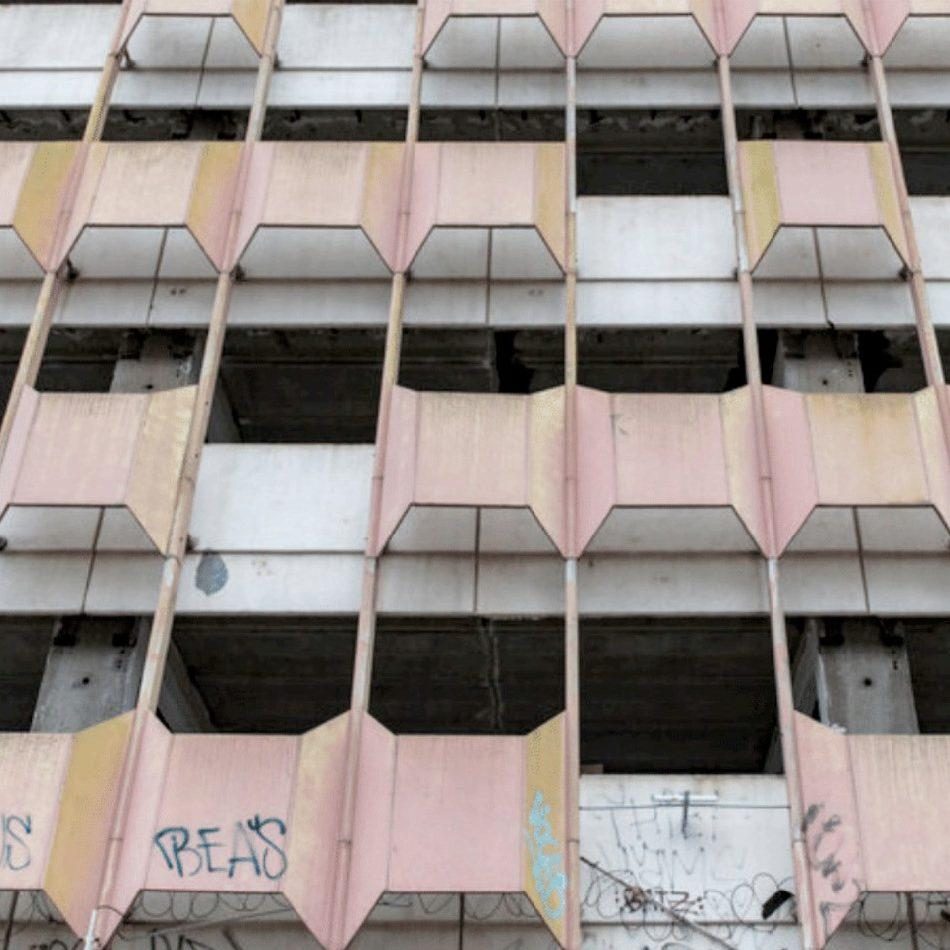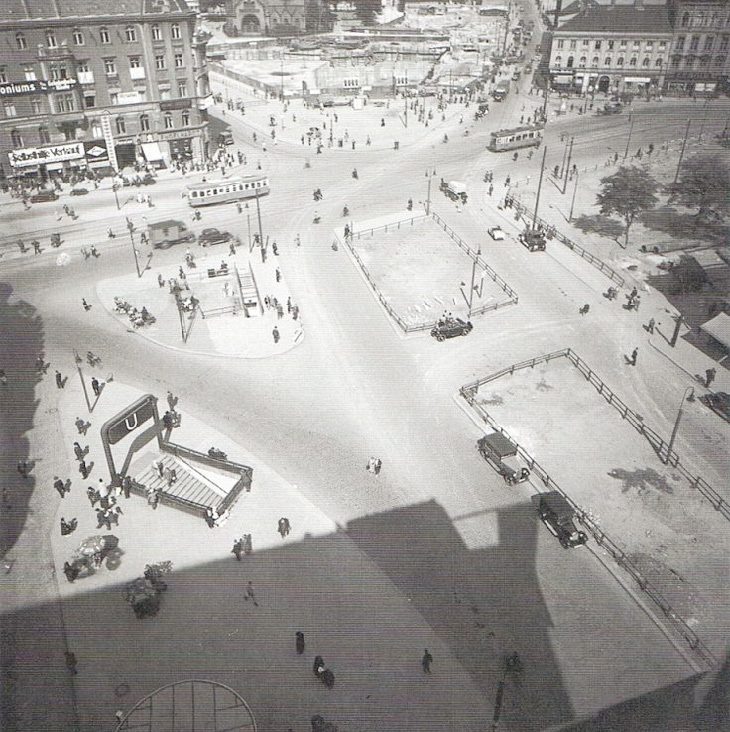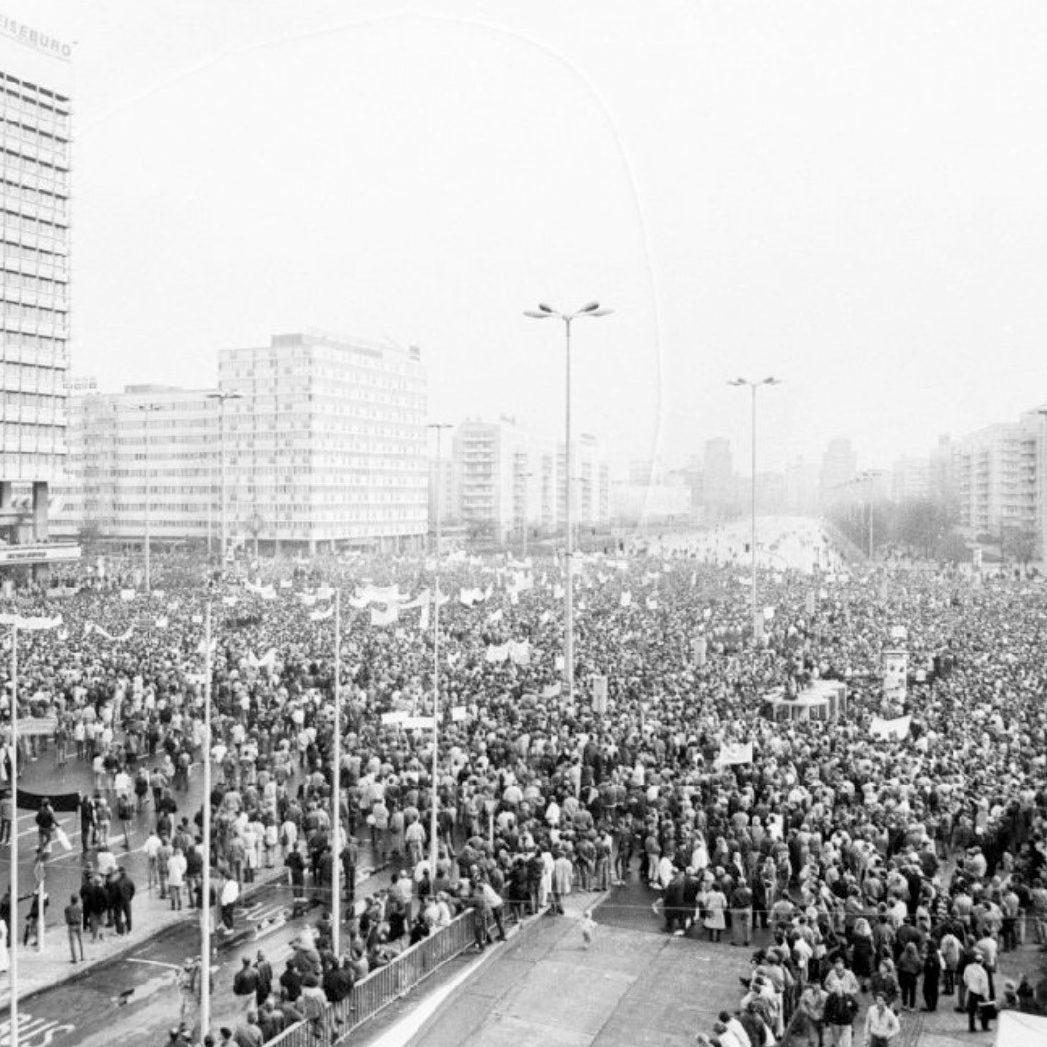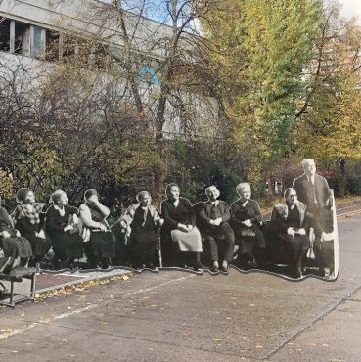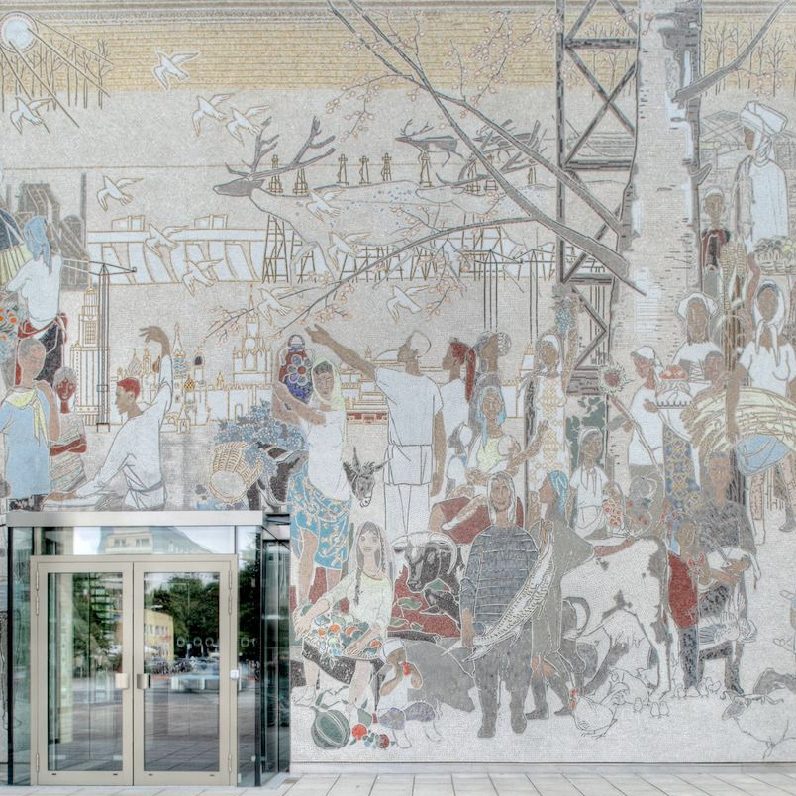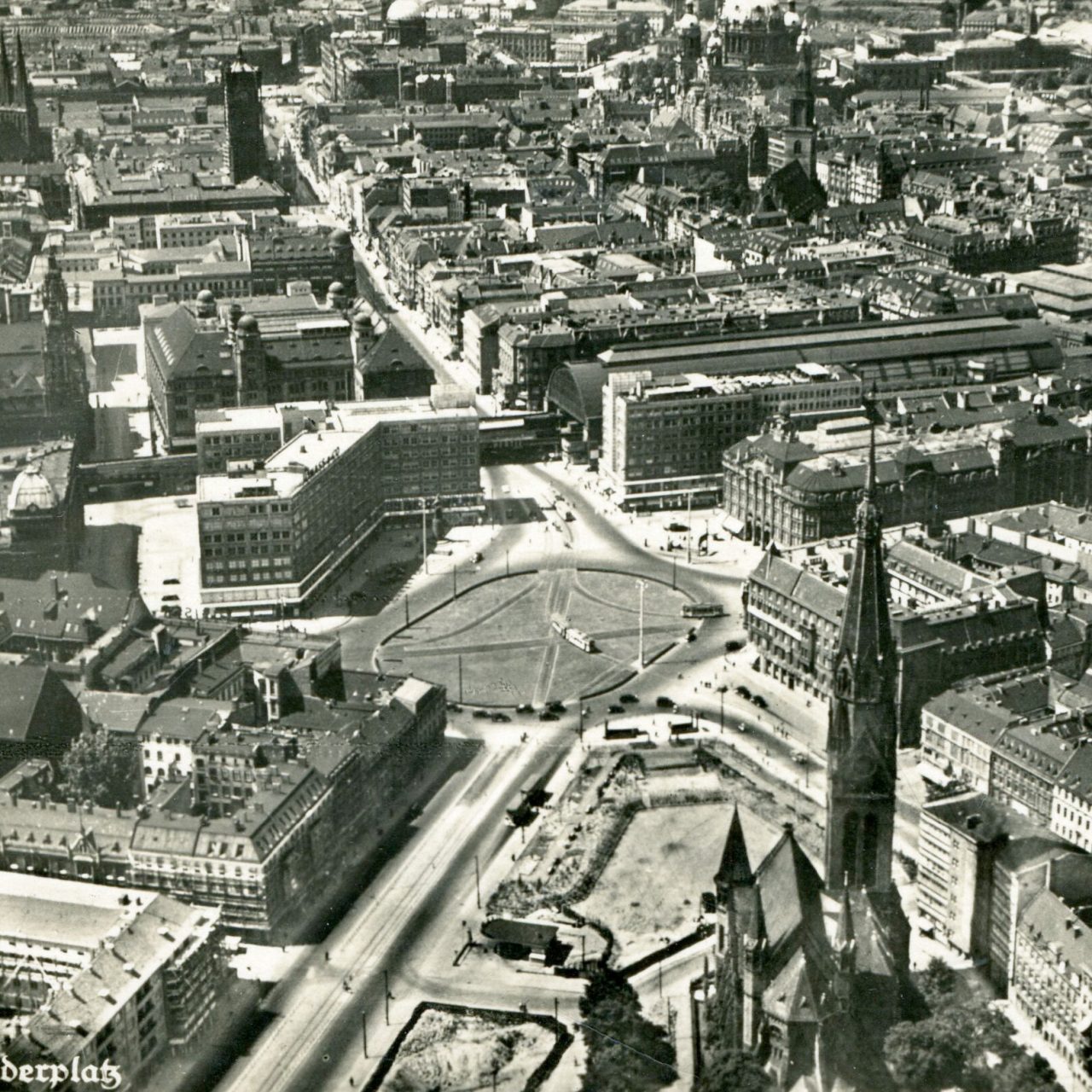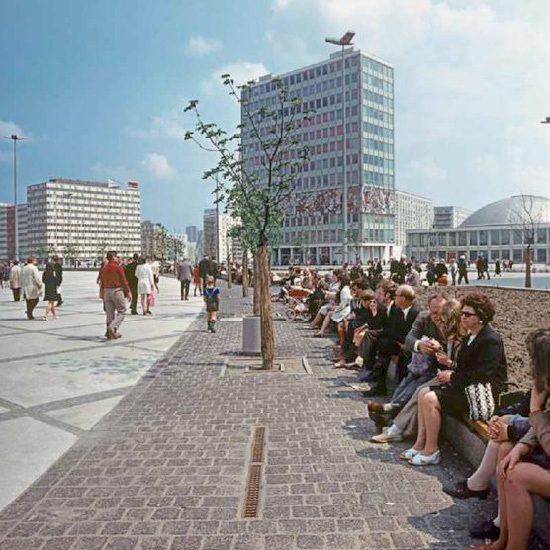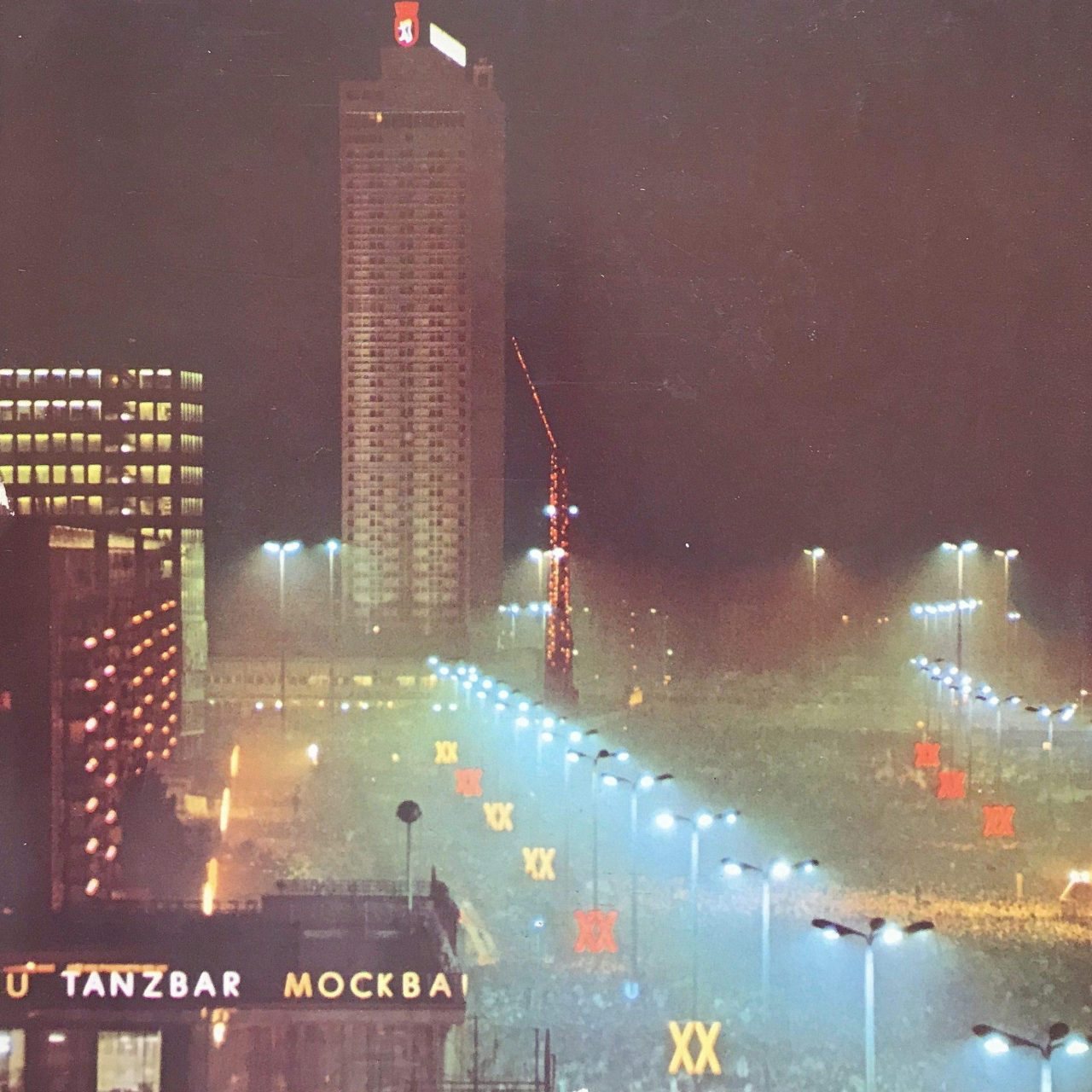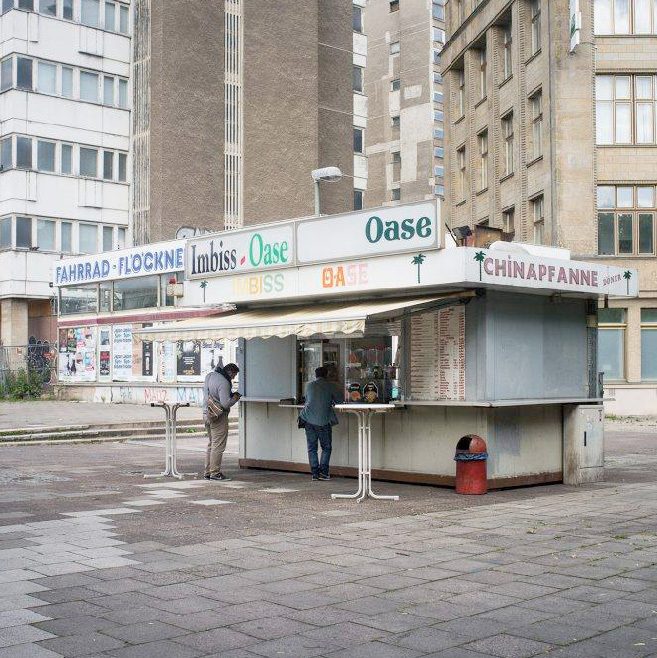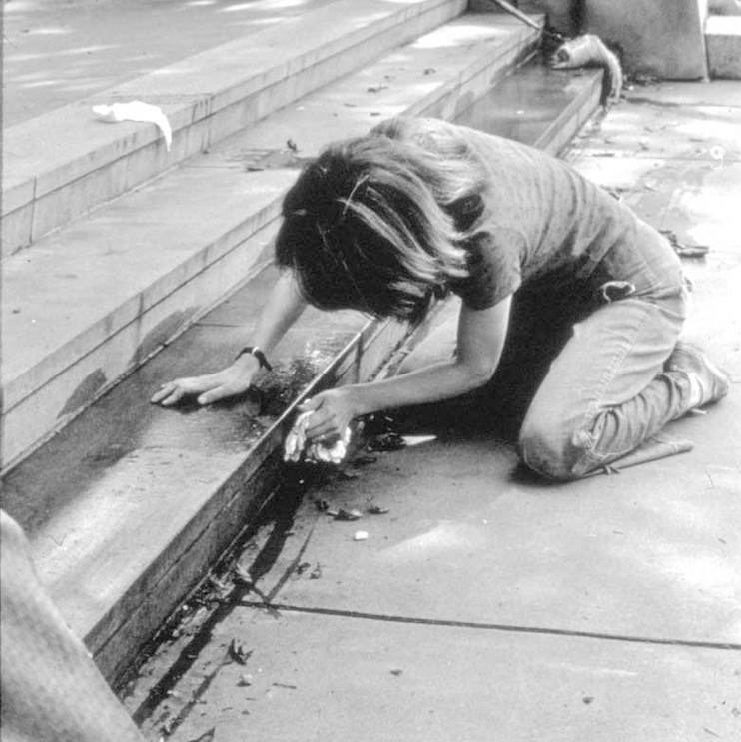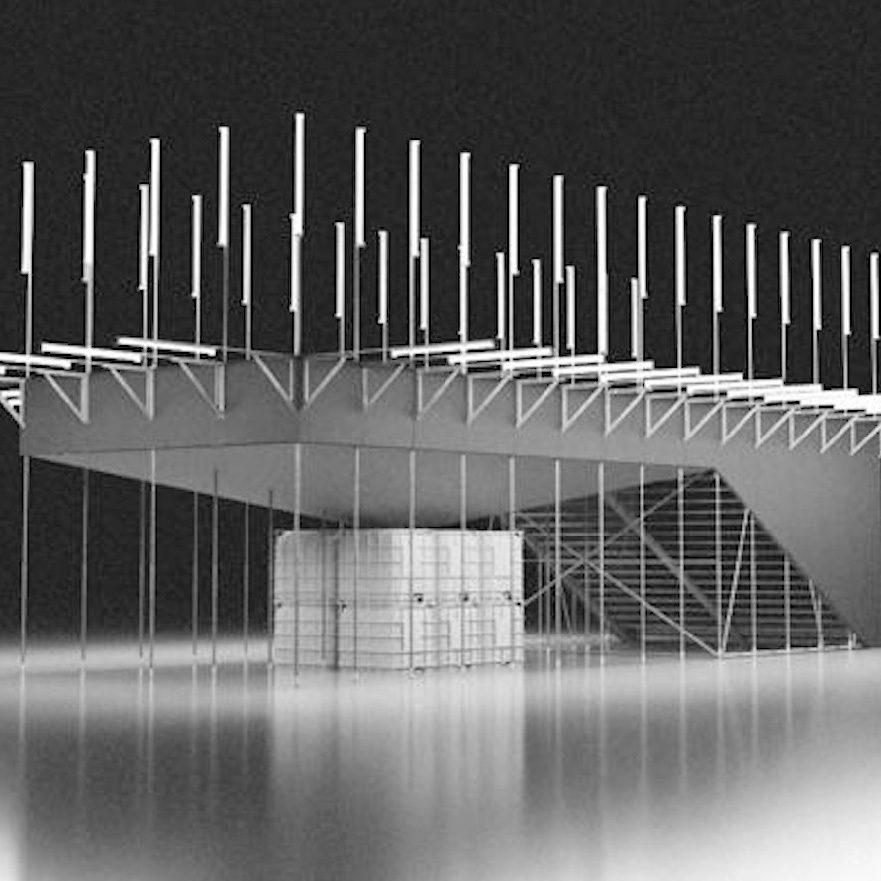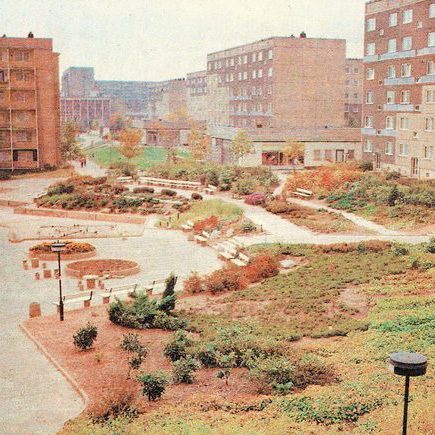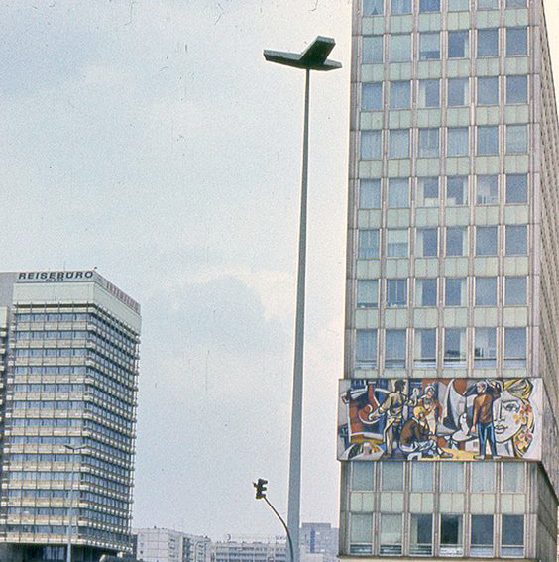While the street furniture of the GDR was largely standardised and offered little room for appropriation or variation, the Urbank sets a counterpoint. It reinterprets the typology of the bench as a modular element that invites collective use, transformation, and dialogue. Openness is expressed in its flexible configuration and in the possibility of being altered temporarily or permanently; change in its adaptive use between everyday life, leisure, and events; plurality in the participation of diverse actors. In this way, the Urbank connects the material memory of the socialist urban space with a contemporary, common-good-oriented design practice, in which urban furniture is understood as social infrastructure – as places of encounter, exchange, and negotiation.
